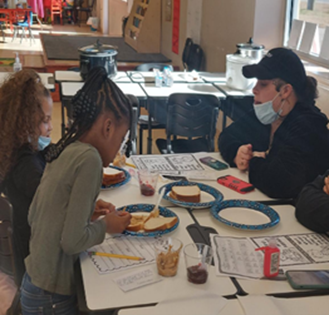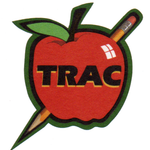
Back to School: What You Need to Know About Your Students
As afterschool leaders serving children in underserved communities, you play a crucial role in the academic and personal development of your students. As the new school year approaches, it's essential to be well-prepared and knowledgeable about the unique challenges and needs your students may face. Lets explore what you need to know about your students to provide the best support possible.
Before we dive into specific tips, it's important to recognize the context in which you work. Underserved communities often face various challenges, including economic disparities, limited access to educational resources, and sometimes, adverse social conditions. These factors can significantly impact your students' lives and learning experiences.
-
Familiarize Yourself with Your Community: Get to know the community you serve. Understand its demographics, socioeconomic conditions, and any recent developments that may have affected your students.
-
Build Relationships: Establishing trust and rapport with your students and their families is vital. Building strong relationships allows you to better understand their needs and challenges.
-
Cultural Competency: Be culturally competent and sensitive to the diverse backgrounds of your students. Understanding cultural nuances can help you connect more effectively.
To provide effective support, it's crucial to have a good grasp of your students' educational backgrounds.
-
Previous Academic Performance: Review your students' academic records, including report cards and standardized test scores, if available. Identify areas of strength and areas where they may need additional help.
-
Individualized Learning Needs: Be aware of any individualized education plans (IEPs) or 504 plans your students may have. Understand their specific learning needs and accommodations.
Promoting social and emotional well-being is equally important with academic support, especially in underserved communities where students may face added stressors.
-
Trauma-Informed Approach: Be prepared to recognize signs of trauma in your students and implement a trauma-informed approach to support their emotional well-being.
-
Mental Health Resources: Be aware of available mental health resources in your community and how to connect students and families with them if needed.
-
Peer Relationships: Understand the dynamics of peer relationships within your program. Encourage positive interactions and provide guidance when conflicts arise.
Underserved communities often lack access to crucial resources. Knowing where your students may need assistance can make a significant difference.
-
Access to Technology: Assess whether your students have access to computers and the internet for homework and remote learning.
-
Nutritional Needs: In some cases, your program may be a primary source of nutritious meals for students. Understand their dietary needs and any food insecurity issues.
-
Extracurricular Interests: Find out what extracurricular activities your students are interested in and explore ways to support their interests.
As an afterschool leader, your dedication to your students in underserved communities can be transformative. By taking the time to understand the unique needs, challenges, and backgrounds of your students, you are better equipped to provide the support and guidance they need to succeed academically and emotionally. Remember, your commitment to their growth and well-being is a powerful force for positive change. As you prepare for the upcoming school year, use this knowledge to shape your program and make a lasting impact on your students' lives.
If you do not know where to start with making connections with your students and families to positively impact social and emotional wellness within your program be sure to schedule a FREE call to discuss how TRAC can support your efforts.
